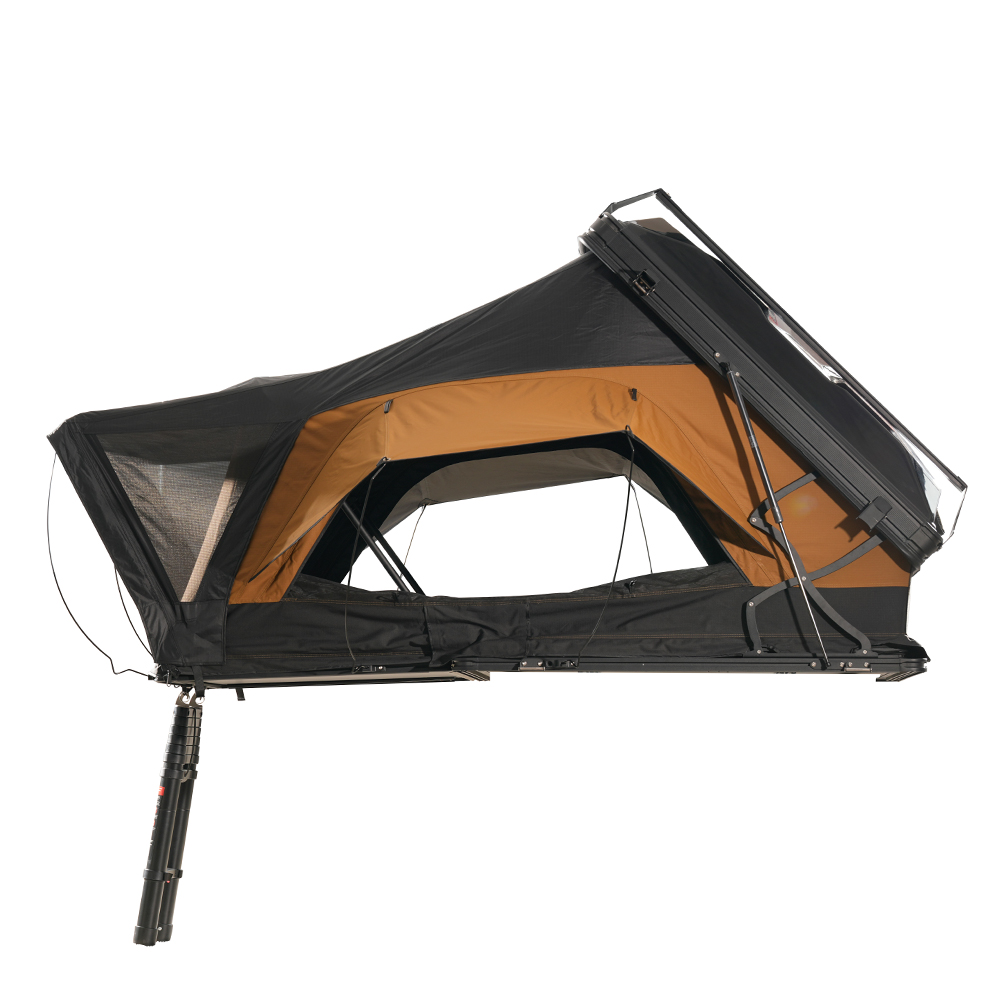Xsu Rooftop Tents: Adding Convenience to Your Camping Adventures
Having a rooftop tent makes your camping experience much easier. Whether it’s a hard shell rooftop tent or a soft shell one, they are easy to pack, deploy, and offer ample space for you and your adventure buddies to get a good night’s sleep.
However, there are significant differences between hard shell and soft shell rooftop tents. For some, a hard shell tent is the clear winner, while for others, a soft shell tent might be more appropriate. Your choice depends on many factors, which we’ll explore below.
Hard Shell Rooftop Tent vs. Soft Shell Rooftop Tent: What Are They?
There’s no mystery when it comes to the differences between hard shell and soft shell tents.
A hard shell tent’s exterior is typically made from fiberglass, plastic, or metal (such as aluminum). This hard shell provides extreme durability during transport and offers an effective barrier against dust, rain, snow, and other natural elements.
In contrast, soft shell tents are usually made from traditional tent materials like rip-stop poly-cotton, which, while offering good weather resistance, lacks the extra protection a hard shell provides, especially during off-road adventures where wear and tear are more likely.
Pros and Cons of Hard Shell Rooftop Tents
If you’re looking for a strong, durable rooftop tent, a hard shell tent is your best bet. Xsu hard shell rooftop tents have a stronger structure, offering better stability in harsh weather. Generally, hard shell tents are more wind-resistant and quieter in strong winds.
Another important advantage of hard shell tents is their superior heat retention. The hard shell’s insulating properties help keep the tent warm by slowly releasing the heat absorbed during the day. Many Xsu hard shell tents are also insulated for enhanced warmth on cold nights.
Other benefits of hard shell tents include:
Less likely to leak due to the impervious hard shell.
Quick to set up and pack down – you can often store your bedding inside the tent to save time.



